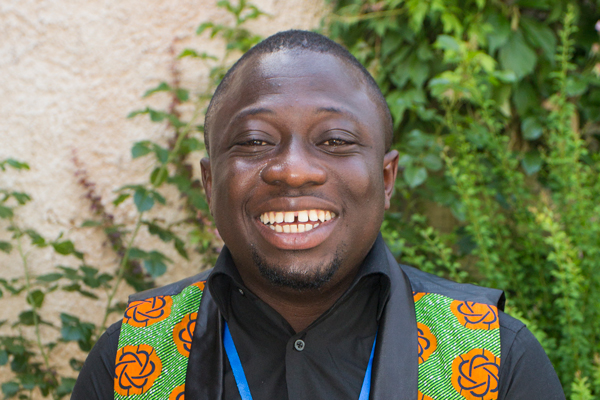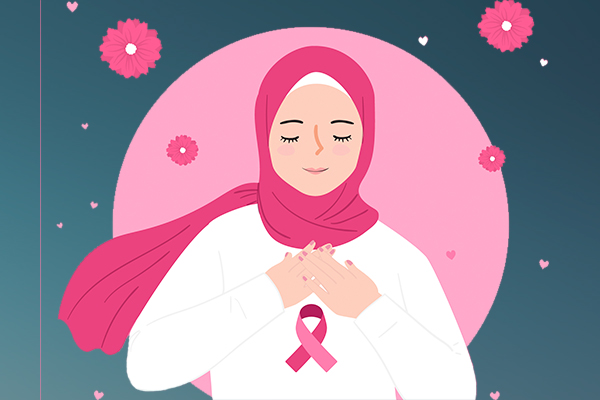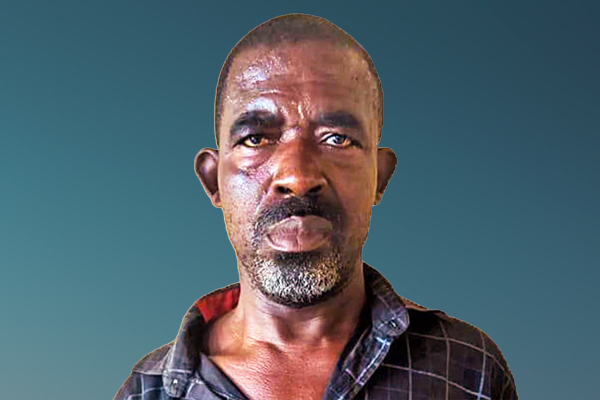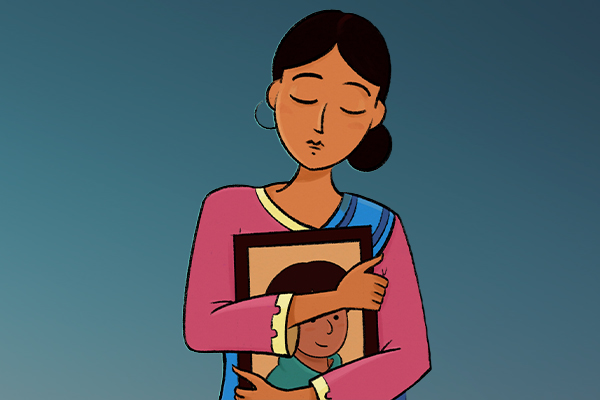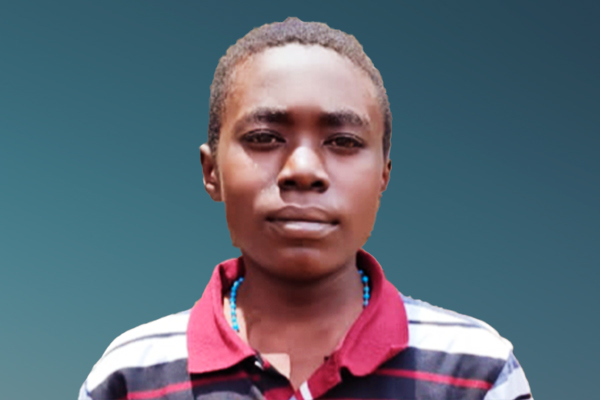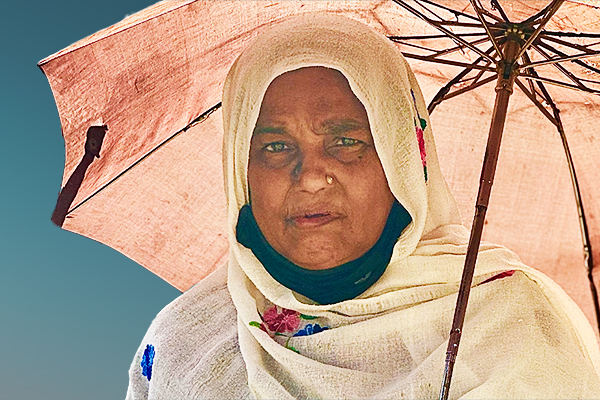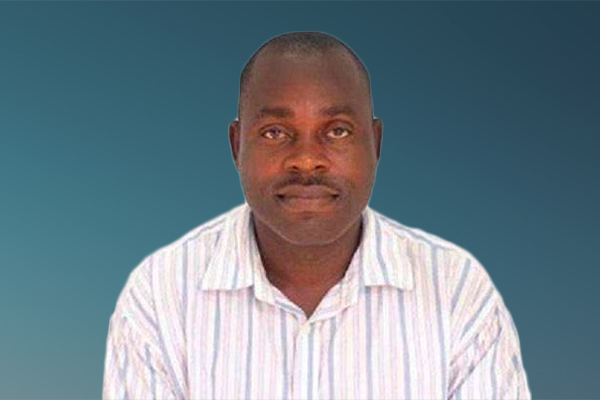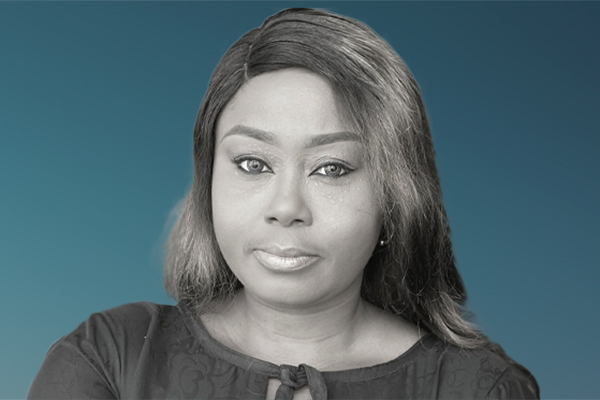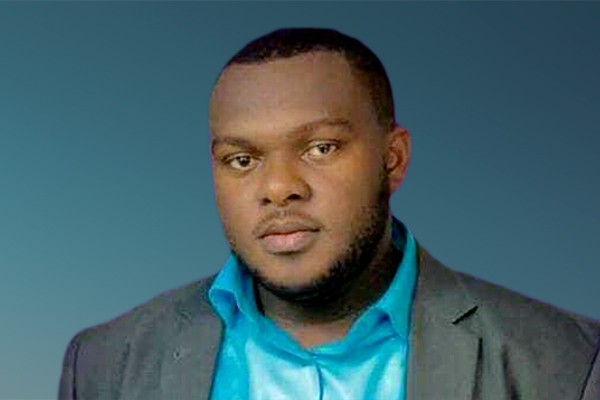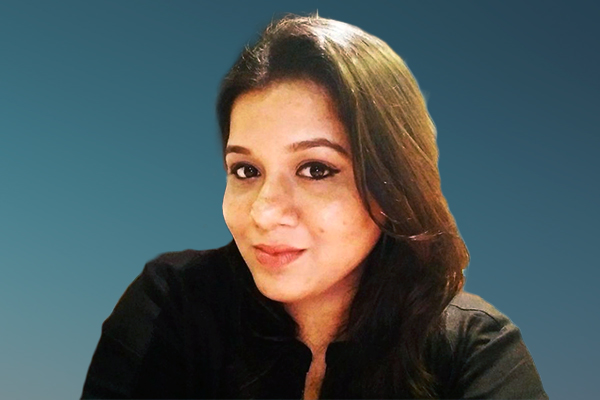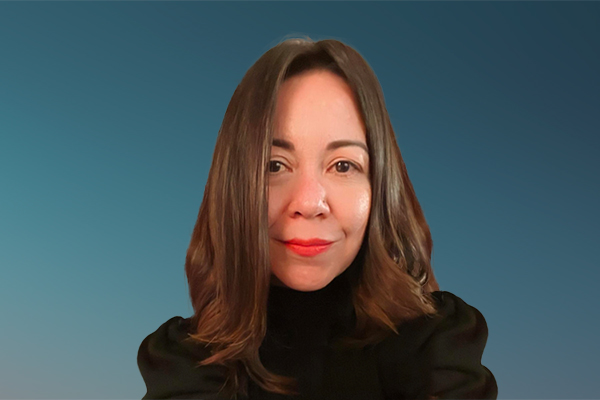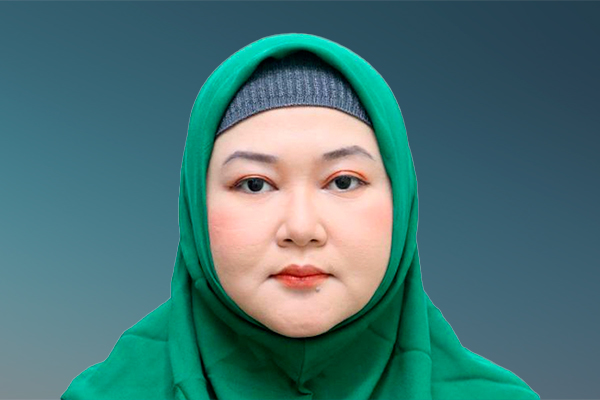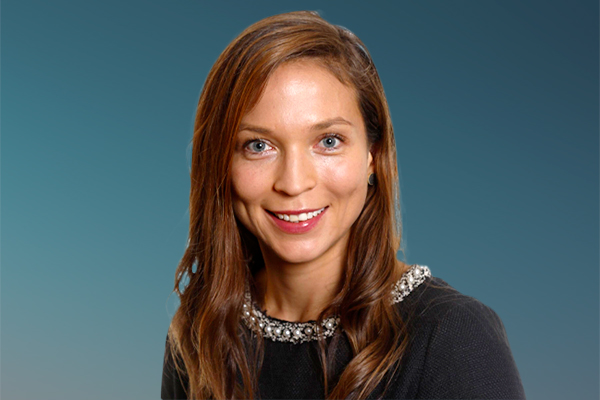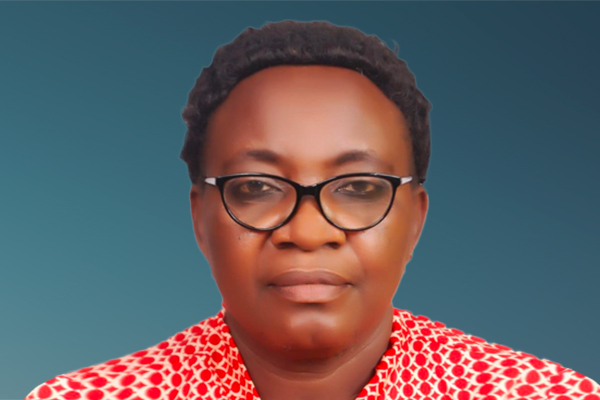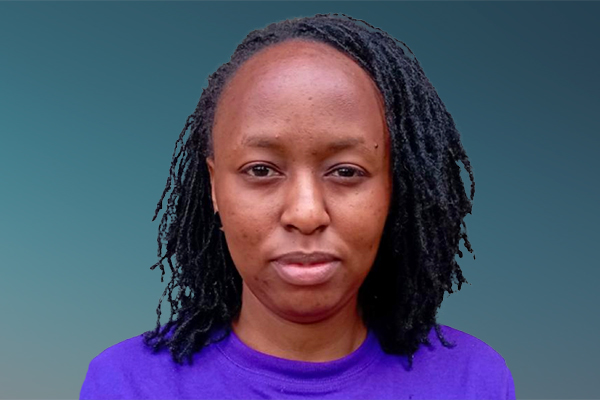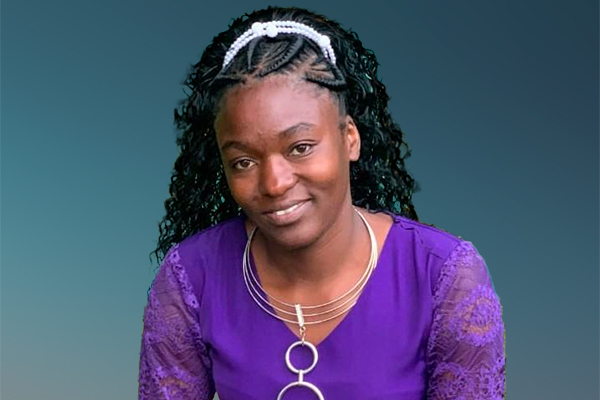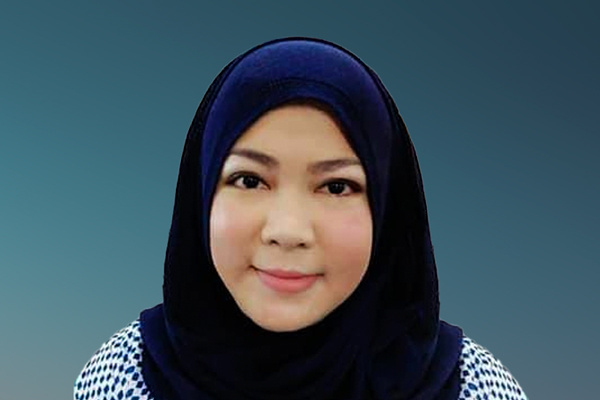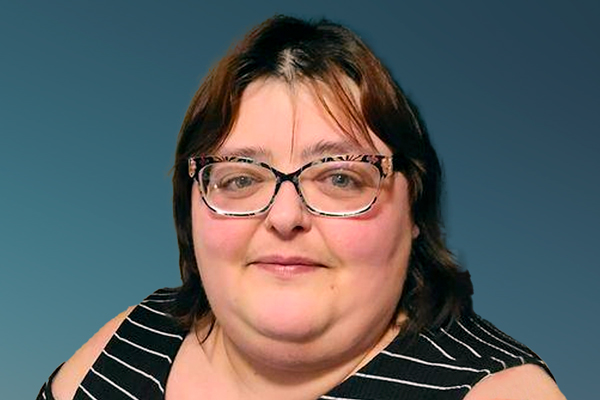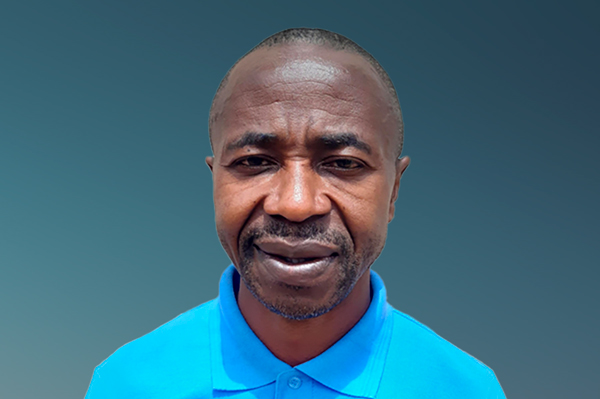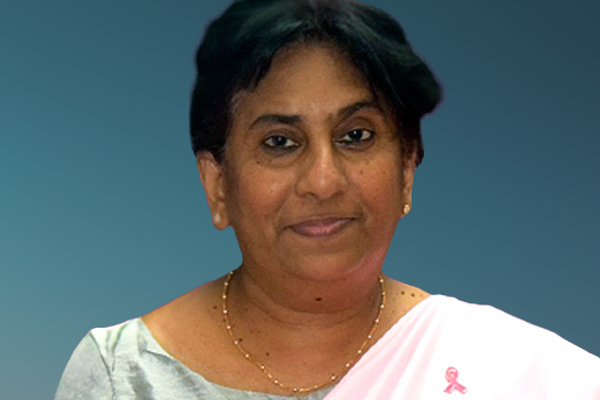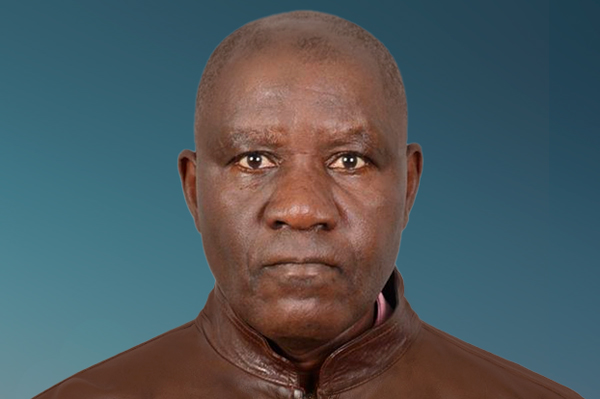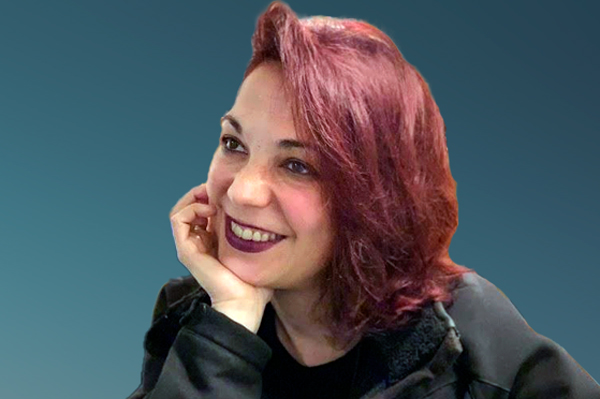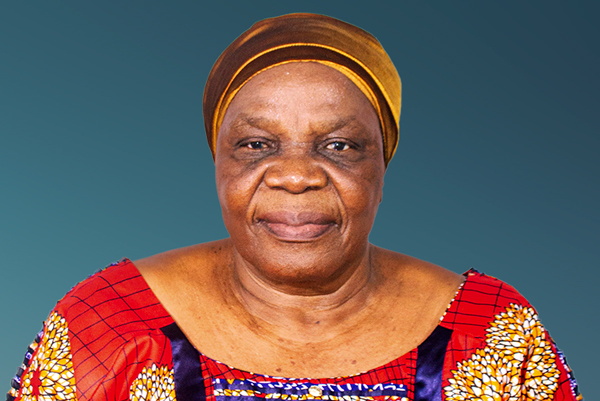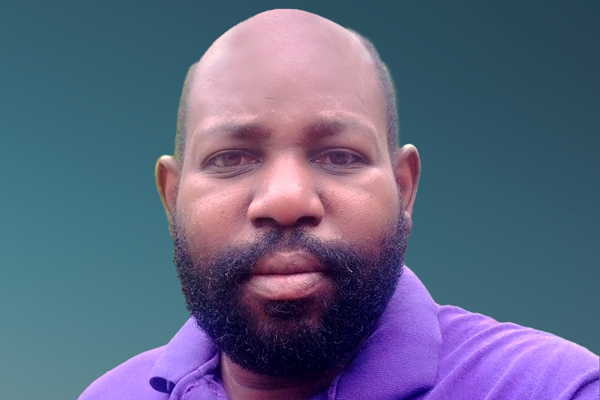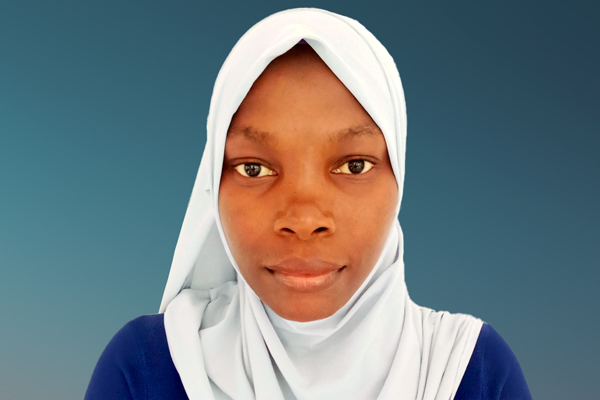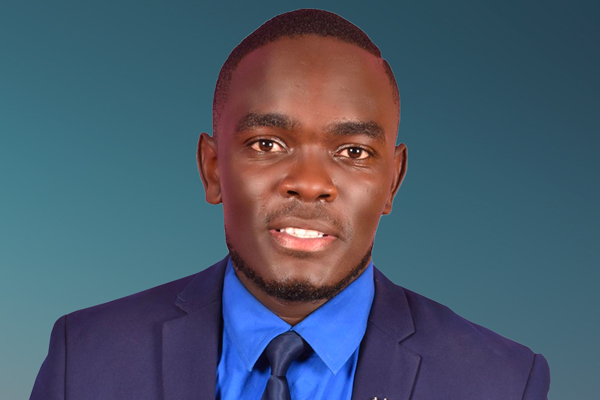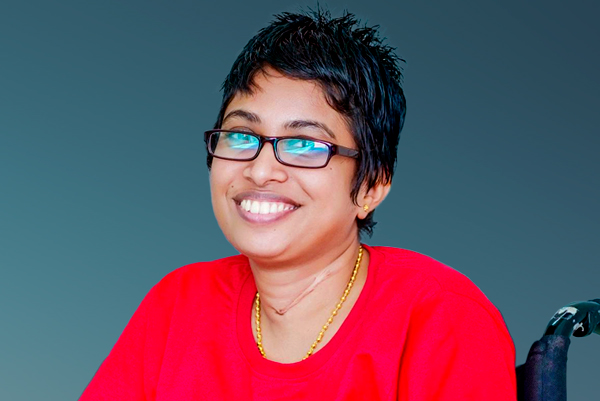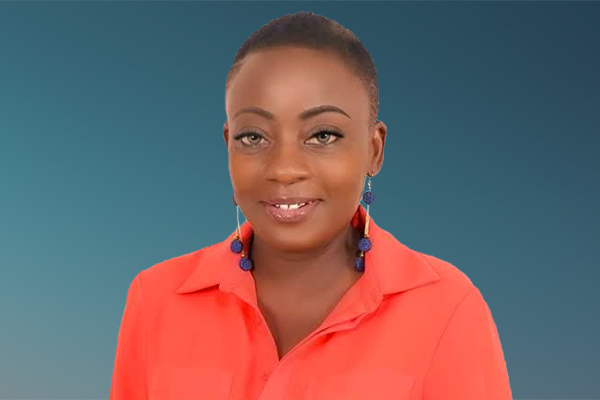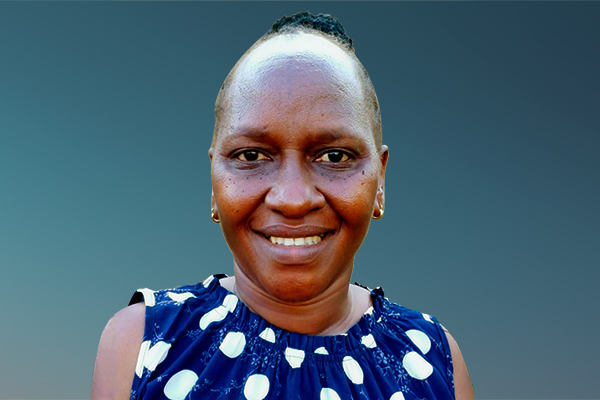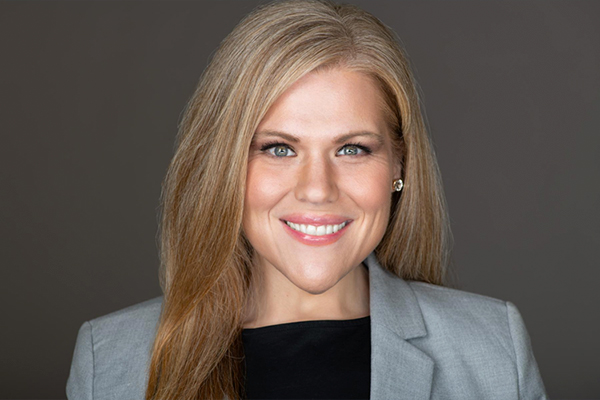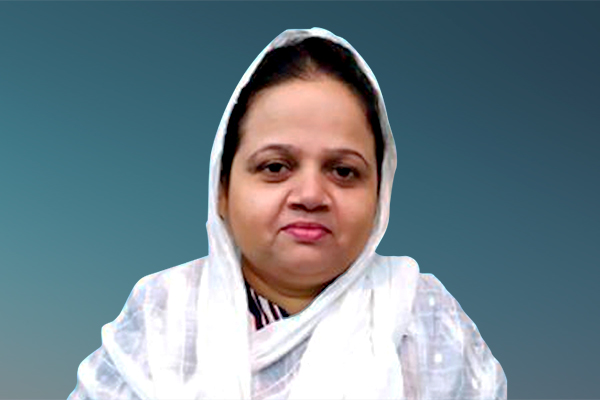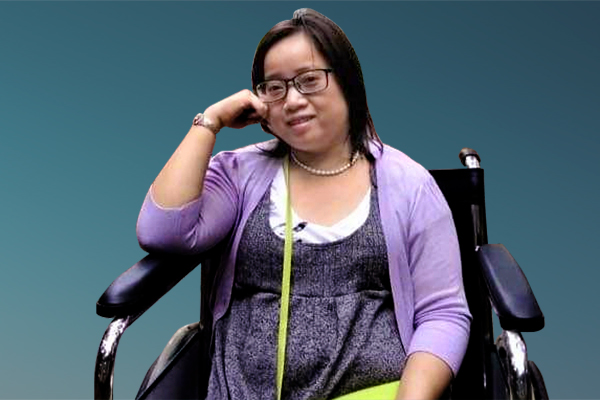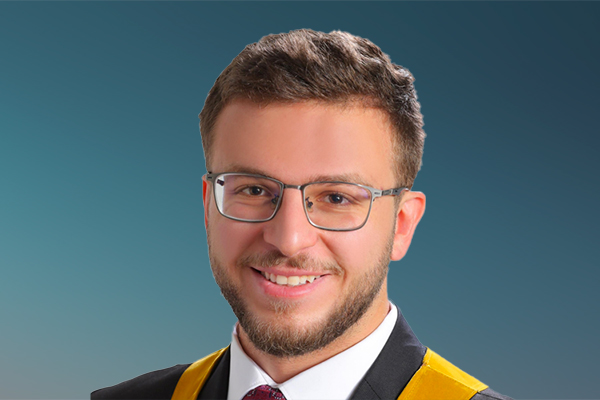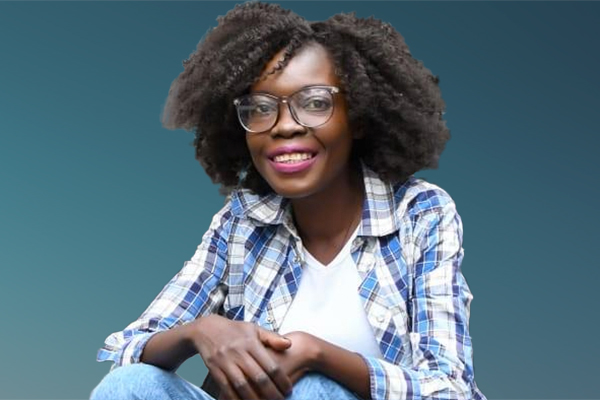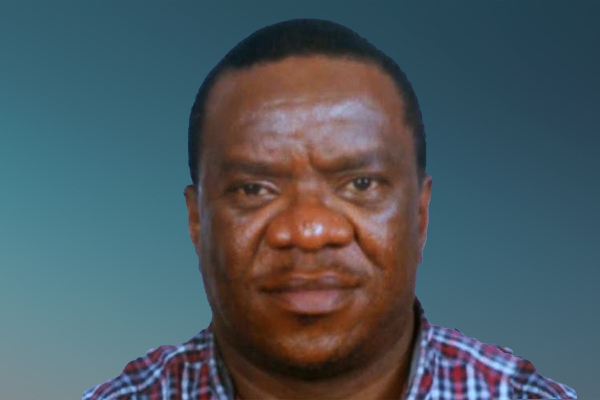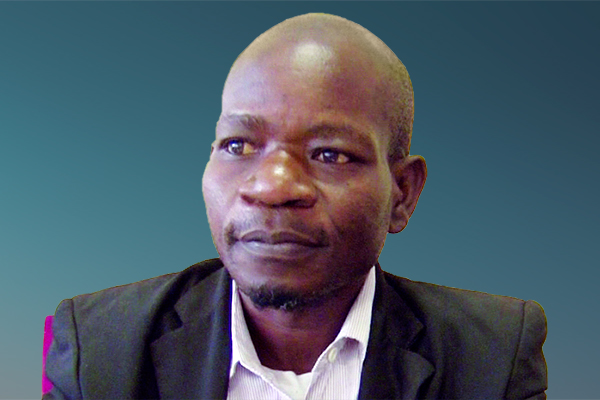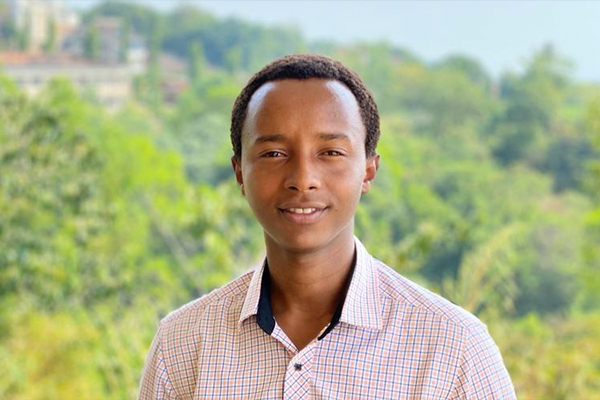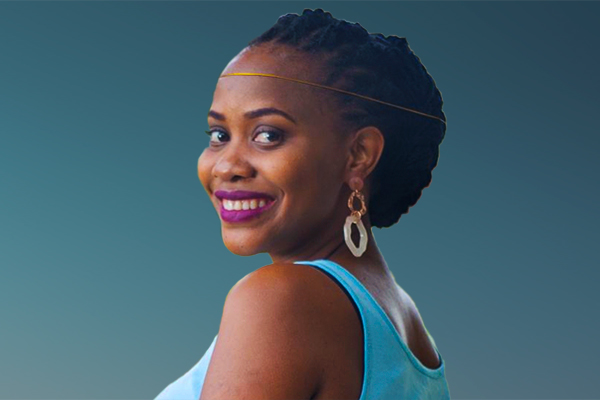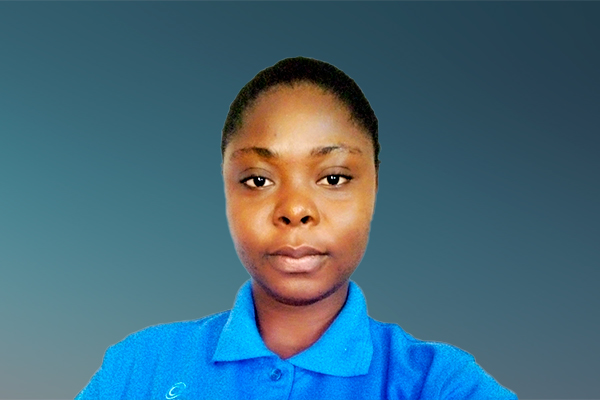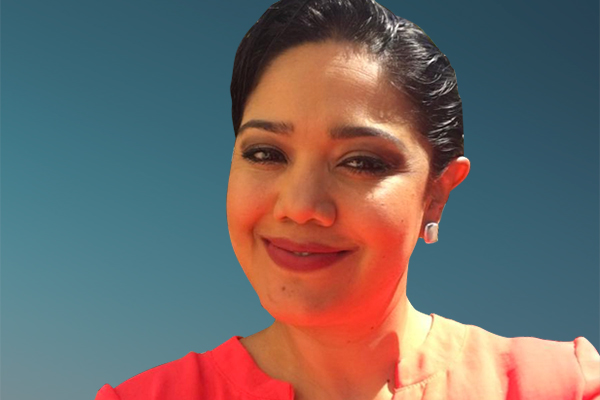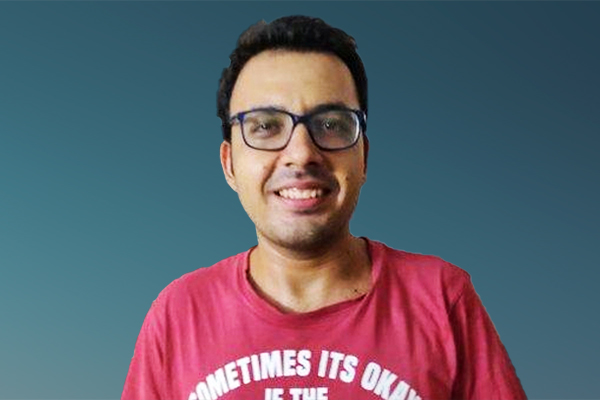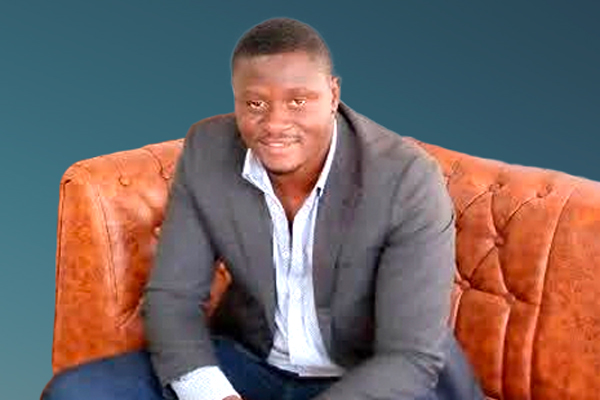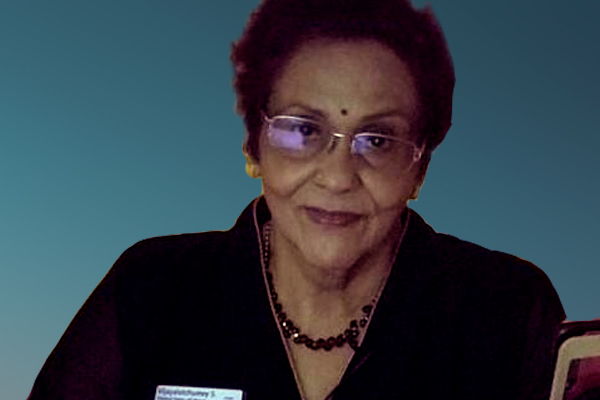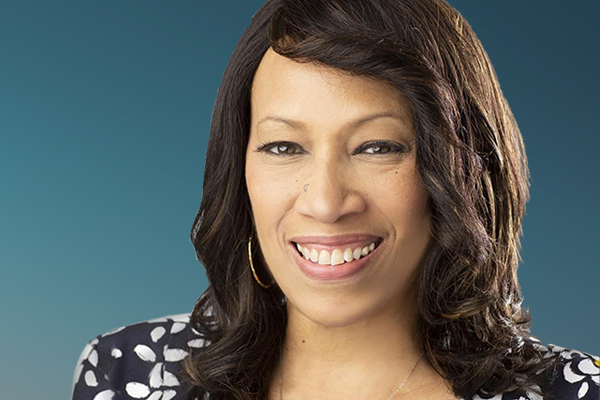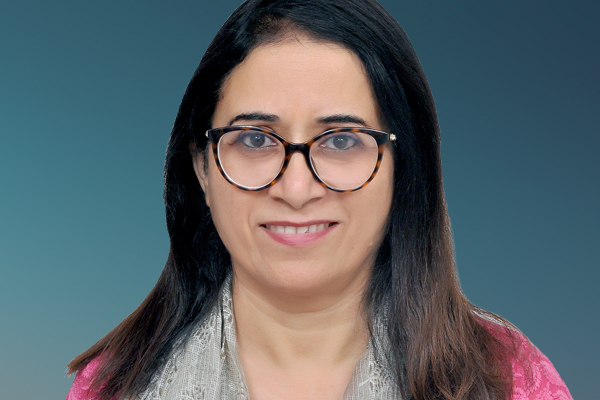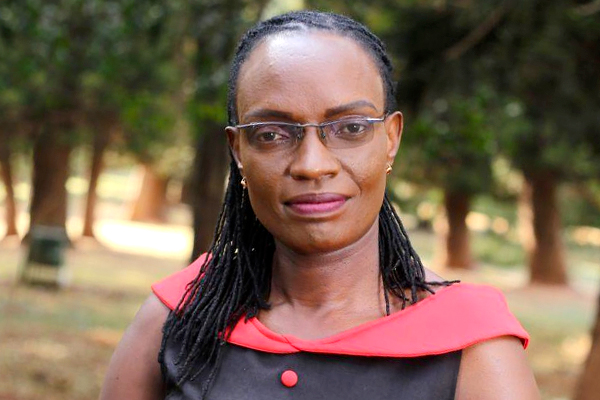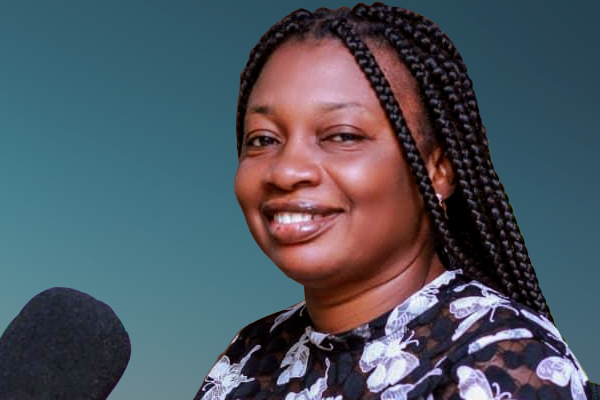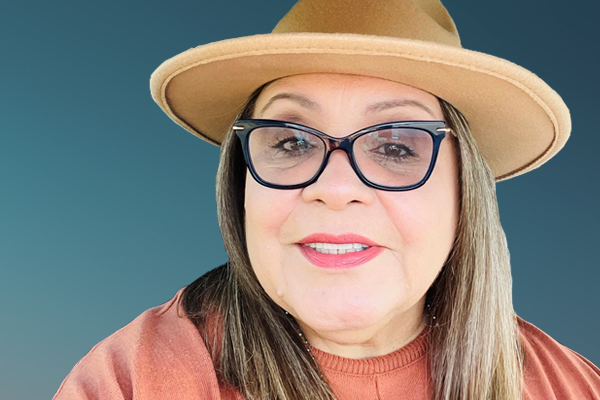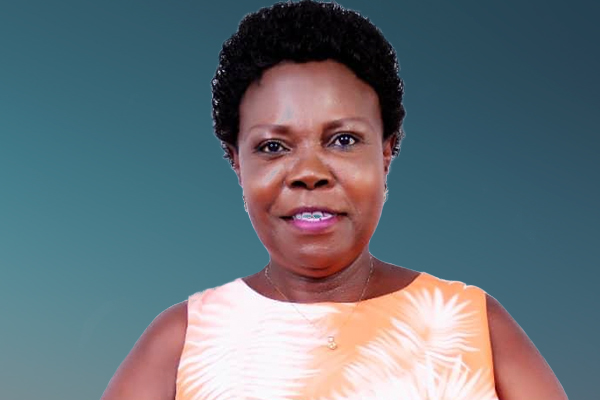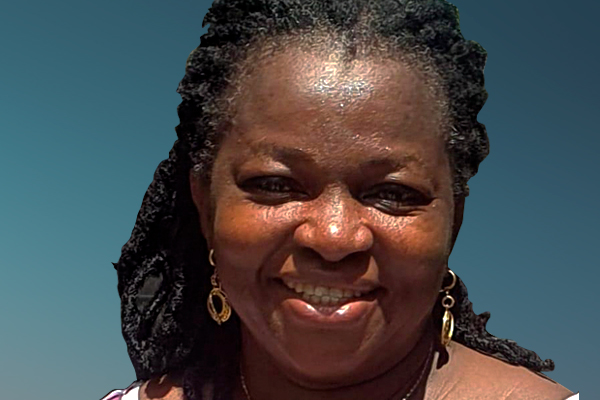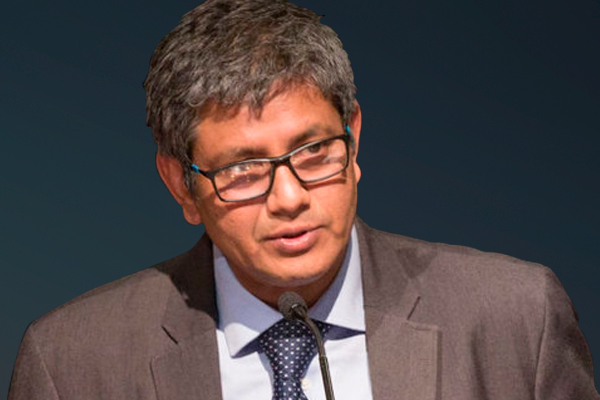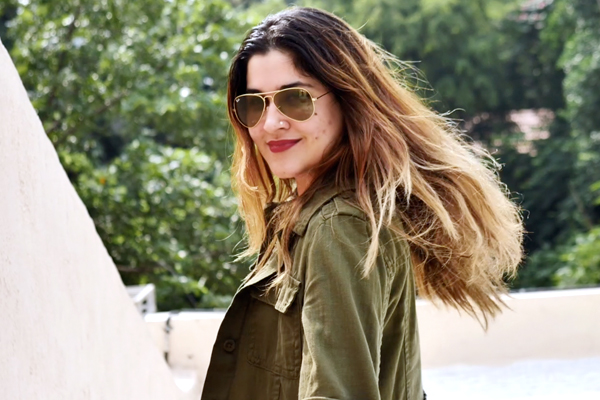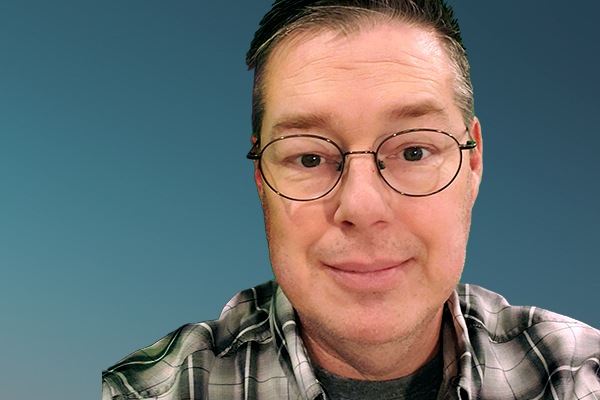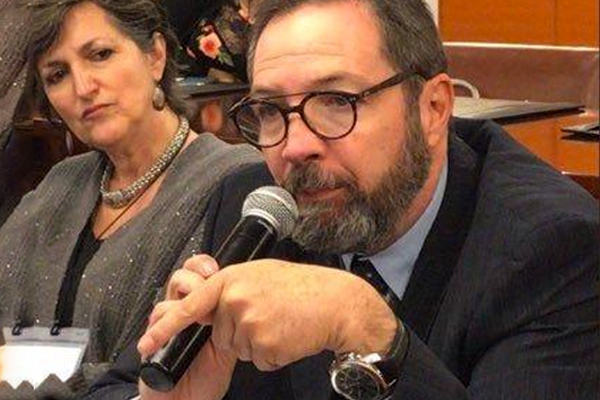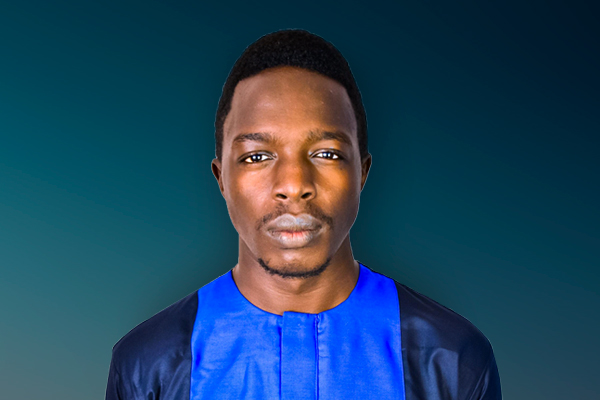The patient navigation program by The National Cancer Society of Malaysia has grown since its early days.
We realised over the years that when we are dealing with the newly diagnosed with cancer, we needed to be aware of the many factors affecting their lives and their health.
The journey in Melaka began with training of lived experienced advocate and volunteer support on awareness of various cancers, treatments and care AND NOW, to understanding how diabetes, hypertension, kidney diseases, dental health, mental health, pain management, pharmaceuticals and nutrition affects the wholistic care of the individual facing cancer.
We have only just begun. The more I journey with people living with cancer, the more I become aware that each person brings to the table many complexities that factor in their lives.
As a trained lived experience advocate with NCSM, the most difficult lesson for me was how to be objective. We had to keep reminding each other to focus on emotional and mental health of the person to enable the physical health to be managed better.
The human connection is the foundation of this service and it is also the basis of how advocates build trust with the people we are trying to help.
To us, the stories of success are there, when treatments are completed and a year later, that same person gives you a huge hug to say they are grateful to the team for staying on their cancer journey.
But there are still those we could not breach.
Husbands who refuse to give permission for their wives to get treatment.
Partner abandonment in the form of online divorce or the spouse taking off with the kids at diagnosis.
Cancers that deform the face and change the body and cause emotional trauma that so deeply scar the person that they withdraw from everyone and their own treatment and care.
The shock from the cancer diagnosis that destroys peace of mind and mental health.
Denial of the diagnosis itself with a wedding or a festival celebrations that need their full attention before they would consider treatment.
“I am dependent on my sister/son/husband to get the support or treatment” is commonly heard and the newly diagnosed will find it counter-productive and would rather not attend to appointments.
A newly diagnosed parent or spouse may refuse treatment because they are caring for another. They are adamant that their own fate was their lot in life.
I had a lady who hand-rolled her own cigars and drank moonshine nightly, and to the horror of her surgeon, tried to negotiate to allow herself to continue her habits even during treatment.
Social discrimination against men, women and children with cancer. Neighbours ostracise their long-time friends. Employers terminate the services of people living with cancer. Children with cancer are victims of bullies in schools. Losing support and income to continue treatment. Sadly social discrimination covers any NCDs including diabetes. I personally know of a child who was ostracised by her peers because she had to take insulin.
Mental health determines how well someone keeps appointments, how promptly medication is taken and how they keep physically healthy.
Caregivers are sometimes ill-advised to bring their loved ones to seek bomohs, sing sehs, dukun, sami, any traditional healers or go for alternative treatments.
Pre-conceived ideas of treatments include finding a miracle pill, the cure all.
The Journey
When someone decides not to pursue treatment or to go on alternative care or when a caregiver disappoints with lack of support, when a life is lost, it takes a lot from each one of the navigators.
Those lessons we learnt from each engagement have helped to shape the navigator services today to include a team of professionals - a counsellor, psychologist, play therapist and dietician.
Extensive digging around for financial aid and aid in kind from various hospitals, NGOs and government entities who have these capacity and connecting their services to those in need.
Pushing for more training for our volunteers and extending the knowledge to others from other NGOs to learn with us and expanding the service.
All these have taken years to craft and right now, COVID‑19 has set us back at least 5 years!
The priority in our healthcare system is COVID‑19 management whilst providing care for NCDs and other illnesses.
The rising number of COVID‑19 cases, deaths and the subsequent implementation of the Movement Control Ordinance have caused the loss of jobs and income.
Entire hospitals, chunks of medical resources and manpower are being piped into COVID‑19 crisis management, diverting from the routine functions of hospitals.
Delays in screenings and treatments are everywhere.
More and more people are now faced with paying for medication with very little money. Medication adherence is dropping as the poor splice the family income to cover food, living expenses and medicine.
Our doctors and nurses are tired with the long hours in restrictive PPE in COVID‑19 wards. We are not only losing them to COVID‑19 but to exhaustion and distress.
Education is limited or online and sporadic or discontinued temporarily. Even our medical students too have had their practicals withdrawn.
Families are grieving and the chaos and deaths caused by COVID‑19 have broken many of them, destroying the network of support that would have carried the loved one through.
We are grieving. We have lost navigators, loved ones.
For NCSM, fallen to the wayside, are programs that provide education on cancer and treatment as well as programs for early screening for early diagnosis and treatment.
Monthly activities for persons with cancer and their caregivers to build self-confidence and to manage better physical and mental health are practically non-existent or online.
To counter these problems, cancer awareness is fully on social and conventional media.
Our navigator services are online through phone or video-calls.
Pre-registration for screening is by phone as well.
Its not the same.
Though multi-media has been a life-saver, it still has its limitations. At times, only when food aid is sent to the needy among the newly diagnosed, do we realise the extent of the misery that a person is going through.
We have taken our ability to meet with people for granted. Nothing beats seeing someone face-to-face. There is so much communicated through facial expressions and body language that we are now appreciating and missing.
The distraught find nothing as comforting as being present with navigators and the psychosocial team.
Giving comfort with the touch of a hand. Feeling strengthened with the presence of someone guiding you. Reassurances by a familiar face!
What’s next?
COVID‑19 brought out the weaknesses of our attitude towards our healthcare. There are still some states in Malaysia where many amenities are lacking and the people who live in the rural areas are the ones who suffer most.
Accessibility to healthcare is a right poorly defended and at this point, no one really knows what is the real cost of upgrading, improving, increasing or replacing the healthcare facilities after COVID‑19.
For NCSM, when the dust settles, we will need to go back to re-establishing our hospital network and our awareness and screening programs. It will be back to basics.
Capacity building for our navigators has to be intensified.
Our conversations will need to look into re-training or up-skilling programs from other NGOs or government programs for people put out of work by their NCDs and COVID‑19. The sooner we do this, the sooner everyone can get back to living their lives.
I hope to raise more awareness through the CME programs on how multidisciplinary discussions have helped people living with NCDs. Educating our future doctors and nurses, volunteers and the public is paramount.
We will supplement face to face consultation with online services as we can see how those who were rushed through their appointment could now benefit with online services in the comfort of their homes.
We rebuild, but better!
My Hope
How I wish there was a magic pill for everything we will face but the reality is that there isn’t any. Still, there have been lessons in what has happened to all of us. We have suffered so much in these two years that the only thing that can help us would be - change.
I am a benefactor of our healthcare system which has done many wonderful things to provide the best healthcare possible to all Malaysians. I hope my wish list for changes may help our government and health authorities look into suggestions to bring betterment for all.
If anything, COVID‑19 has taught us that we can do many things better if we work together. As a lived experience navigator with NCSM, we have our learnings that people living with NCDs can benefit from. I would encourage all hospitals to partner with NGOs like NCSM to benefit from the trained advocator’s experience and additional support for people with NCDs.
Protect the strict standards for all medical professionals whether nurses radiologists or doctors. Retain the highest levels of professionalism expected of our healthcare and this will protect the level of care for all.
As benefactors of our healthcare, from neonatal to palliative, we should get the best of our doctors and nurses. Consider the best practices to keep our best whether it be equipment, support in training or career advancements.
More effort should be committed by our government to keep our specialists in our government hospitals. We are losing them to private hospitals for every sub-speciality and they are not just leaving due to monetary returns but the lack of equipment and support to do their job well, means we don’t utilise their potential and we tax the ones who stay behind.
Train our doctors to look at a more wholistic management of care for NCDs. Hospital Melaka had tried to do this many years ago but was severely limited by the number of specialists, equipment and the logistics in a 100year old hospital. Purpose built hospitals may need to be part of the solution.
Prepare our doctors and nurses so that they are always ready to step up to maintain continuous service for all speciality. When specialists are visiting, groom more trainees.
More hospitals should be built in more states. Melaka recently saw two new district hospitals being built and their presence improved our chances of managing COVID‑19. Imagine if these had specialists and equipment for more screening and treatment.
Our government clinics are very well prepared to screen NCDs like diabetes, hypertension and other illnesses but I wish their capacities could be improved upon to decongest screenings at hospitals. Equip our clinics for common screening needs like x-rays, mammograms, ultrasounds, urine examinations, blood examinations and perhaps later, scopes for gastrointestinal tract. Empower medical officers and nurses to do more simple procedures like foot examination for diabetes, eye examinations and basic eye care.
Every government state hospital must have an oncologist with pain management and palliative support team.
Pain management and palliative departments must be available 24/7 at all hospitals.
All district hospitals should have a pain management team for managing pain in all chronic illnesses.
Treatment for chemotherapy should be administered by the same doctor.
1/3 of those who are ill would likely be green zone but the rest need to be fast tracked from the clinics to be seen by the specialists at hospitals.
When appointments are scheduled, minimise the waiting period (discourage queue jumpers), especially for the very ill and elderly.
Have staggered lunches at clinics and hospitals.
Shorten the waiting time needed for the results of screening, biopsies, blood tests, especially those that do not require culturing.
Health authorities and NGOs should work together to go to various communities for awareness and early screening of NCDs.
Government channels and media corporations should cooperate with health authorities and NGOs to bring NCD information on multimedia and conventional media.
I personally would like to see more men involved in navigation, awareness and early screening. The voices of children and women are prominent but more effort should be made to engage men to be aware of the power of their voices and involvement as a lived experience advocate.
I have grown accustomed to identifying myself as a cancer survivor. Cancer survivorship lends a sense of power as it implies that I have beaten cancer, that I have regained control. I have regained control especially over my diabetes, my hypertension, my cholesterol and my obesity!
A powerful statement for me and for many others who identify with it.
It’s going to be tough going forward but we are tougher from it. We are after all, COVID‑19 survivors.

